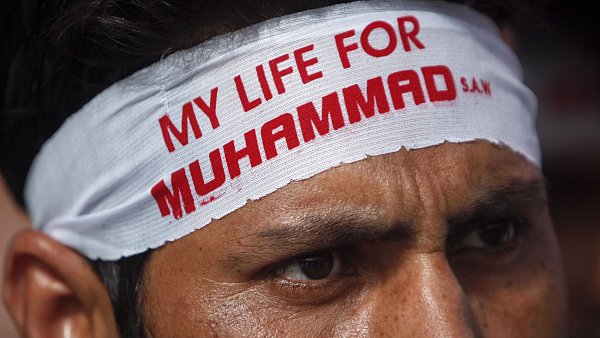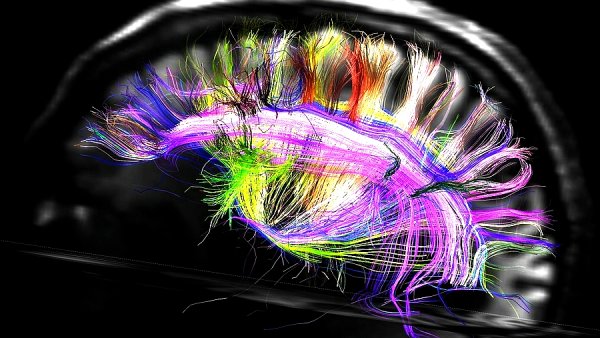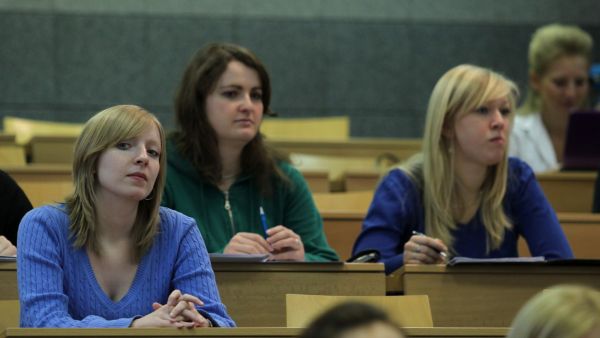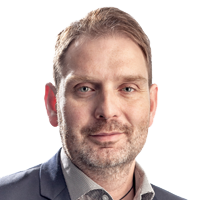Homosexuality is a sin and homosexuals are possessed by the dark side.’(a)
Homosexuality is a mental disorder.’(b)
Such statements appear to circle, generally, on the streets of post-communist countries. The Russian Federation recently passed a bill that bans propaganda of nontraditional sexual orientation. Its border nation, Ukraine, held Gay Pride Parade in May which had six times as many police troops present as there were activists. Despite legalization of homosexuality in 1993, post-communist countries are becoming more and more hostile towards the ‘nontraditional’.
Who or what is behind this- the church, the government or the people?
In order to find response to this question, it is important to examine the statements that circle around the streets and the explanations that some people use in order to justify their opposition to homosexuals. The first statement (a) is a definite response of a devoted Catholic or Orthodox.
Ukraine in particular is a nation where churches are being built within 5 meter radius off each other. Despite there being 35% of population below poverty line, the greatest cathedrals can be found in city centers as well as out in the rural. Over 75% of the population believes in God. Thus it is no surprise that, when speaking against the nontraditional sexual orientation, people refer to God and sin. It is a simple statement that needs no further explanation. Homosexuality is a sin. How does one know? Because the church says so. And one does not need to look far back in history to notice that church, in general, opposes all that is nontraditional.
The inferior position of women was once also promoted by the church. Even today, women have no right to become a priest. Coming back to the issue of homosexuality, Greek Catholic Church and Orthodox Church do not need to put a lot of effort to convince their believers that homosexuality is wrong and evil. Masses are held every day and over 35% of the population in Ukraine attends masses every week. Popes speak out against homosexuality because it is nontraditional and because of another issue that homosexuality arises, traditional civil union and family life.
What is still not clear to me is how religious institutions dare to promote hate. To me personally, the purpose of religion is promotion of basic moral values. Nevertheless, by openly speaking out against homosexuals and by promoting their isolation in society, Greek Catholic Church as well as the Orthodox Church act against their fundamental purpose, that is promotion of peace.
In Russia, church went as far as to openly support the anti-gay bill, which was at first passed in St. Petersburg. It was advised that such bill be made federal-and it was.
The second statement (b) that proclaims homosexuality as a mental disorder often comes in spheres of politics. Ruslan Kukharchuk, who heads the movement ‘Love against homosexuality’ in Ukraine, recently declared that ‘…homosexuality is a psychological disorder of a person and without doubt there must be institutions, perhaps even financed by the government, to help such people get rehabilitation therapy.’
Mr. Ungurian, Ukrainian lawmaker, called the adoption of civil and human rights in the west as ‘…not evolution but degradation’. He further added that ‘we must stop the propaganda, the positive description and the publicity…of this abnormal lifestyle’ and that ‘our goal is the preservation of the moral, spiritual and physical health of the nation’. To sum up such statements, Mr. Kukharchuk stated that homosexuality is a mental disorder and Mr. Ungurian further claimed that ‘…it is an abnormal lifestyle that can destroy moral values of the nation’.
Despite such statements, facts and figures reveal an opposite image. American Psychiatric Association declassified homosexuality as a mental disorder already in 1973. American Psychological Association did the same in 1975. Finally in 1990s, World Health Organization also declassified homosexuality as a mental disease. Further, Hooker’s study in 1957 took 30 homosexuals and 30 heterosexual males and gave them three projective tests (the Rorschach, Thematic Apperception Test or TAT and Make-A-Story Test). TAT and Make-A-Story Test in particular were used to evaluate psychological adjustment of the men.
Experts could not distinguish between homosexual and heterosexual as the results of the two groups did not divide participants into such groups. Thus, such experiment proves that there is no psychological difference between homosexuals and heterosexuals. Homosexuality is not a mental disorder and no institutions need to be financed by government in order to rehabilitate.
As for the statements made by Mr. Ungurian, who claimed that such civic rights are degradation and can damage moral values, New York City, in particular acts as a clear counterpart to such claim. The New York City is seen as one of the world’s greatest cities, also as the international center for art, culture and of finance and commerce. It does have a lively gay and lesbian community. Nevertheless, the majority of citizens are heterosexuals. Homosexuality is not a disease that spreads and degrades the city or the nation. It is a mere civic right, a personal right- yet some politicians and activists clearly refuse to see it like that.
The attitude towards homosexuals in post-communist nations is unlikely to change for better. Yet the purpose of this article is not to anyhow influence the attitude towards homosexuals. The purpose is to enable those who oppose homosexuality, to rethink about the arguments that one can put forward. Homosexuality is not a mental disease, neither is it a sin. Homosexuality is a right that one must have and if one is strong in its belief to openly oppose homosexuality, then their arguments must go further than mental disorder and it being a sin.
 Přidejte si Hospodářské noviny
mezi své oblíbené tituly
na Google zprávách.
Přidejte si Hospodářské noviny
mezi své oblíbené tituly
na Google zprávách.
Tento článek máteje zdarma. Když si předplatíte HN, budete moci číst všechny naše články nejen na vašem aktuálním připojení. Vaše předplatné brzy skončí. Předplaťte si HN a můžete i nadále číst všechny naše články. Nyní první 2 měsíce jen za 40 Kč.
- Veškerý obsah HN.cz
- Možnost kdykoliv zrušit
- Odemykejte obsah pro přátele
- Ukládejte si články na později
- Všechny články v audioverzi + playlist









